Hong Kong residents are crossing the border into Shenzhen, China for shopping and leisure activities due to lower costs and a decline in prices, signaling economic trouble for Hong Kong.

Investment in automation and training workers in new technology has led to an unexpected increase in productivity in the United States, resulting in economic growth and lower inflation.

A powerful winter storm in the West and unseasonably warm temperatures in the central US can be explained by the shifting jet stream, global warming, and the El Niño weather pattern.

The pace of hiring in Silicon Valley slowed in 2023 compared to the previous year, but median household income in the region is rising, according to the Silicon Valley Index 2024 report. Despite tech industry job cuts and reevaluations, the region's economy remains relatively healthy, and tech companies are focused on cost efficiency.

US consumers' gloomy mood despite a strong economy can be explained by the elevated borrowing costs not factored into inflation, which impact consumers' financial well-being and shape their perspective on the economy, according to a paper by researchers from the IMF and Harvard University.

The U.S. economy is expected to grow 2.2% this year, higher than economists' previous forecast of 1.3%, due to factors such as government and household spending, according to a survey by the National Association for Business Economics. Inflation has also been slowing down, leading to expectations of interest rate cuts by mid-June.

Despite an enduring economic slowdown and escalating US-China trade tensions, foreign firms are maintaining their presence in China, with 76% planning to reinvest, driven by optimism from Chinese firms, according to a survey by the American Chamber of Commerce. However, the survey also revealed that firms from other regions saw a significant drop-off in re-investments in China, with only 11% planning to do so. Most American firms (90%) said they were not considering decoupling from China, despite negative impacts from tariffs.

The U.S. economy is expected to perform better than previously predicted, with a forecasted annual GDP growth rate of 2.2% in 2024, exceeding the top sustainable speed of 1.8%.

Venezuelans are willingly sharing their bank details due to the worthlessness of their currency, with the economy collapsing and inflation rates soaring, causing an influx of counterfeit dollars in the country.
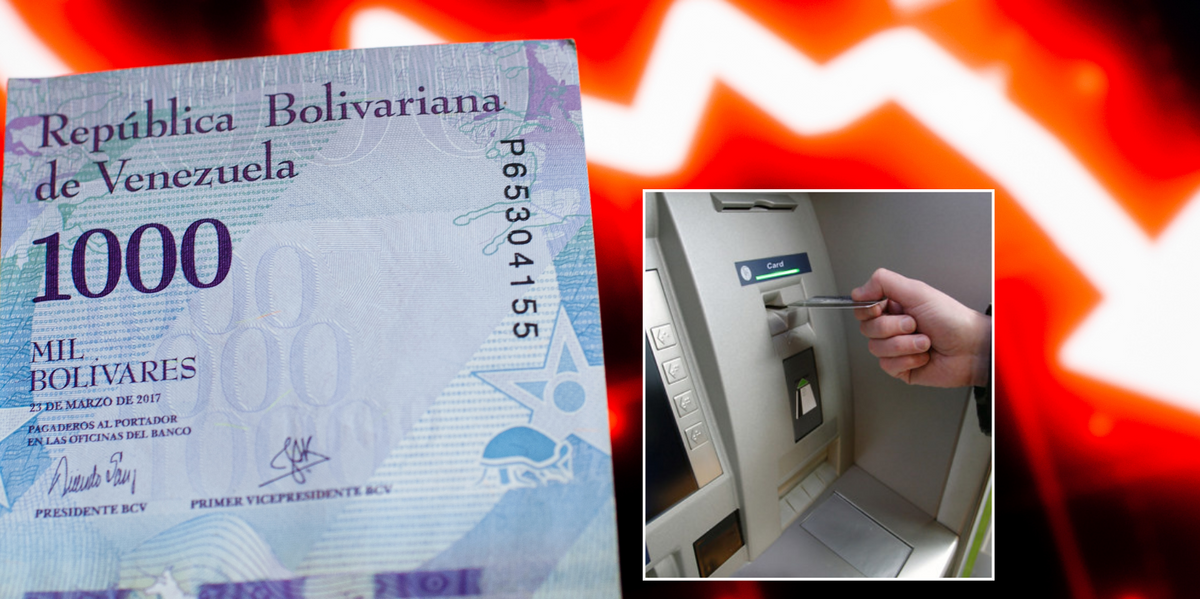
China's largest commercial banks, including China Construction Bank and Agricultural Bank of China, are providing significant financing for real estate projects in response to the government's call for support.

The French government has faced backlash from scientists for cutting research and higher-education budgets as part of a €10 billion reduction in public spending. The cuts, which amount to a 5% reduction compared to the planned budget, have been criticized for hindering France's goal of increasing public-research spending.
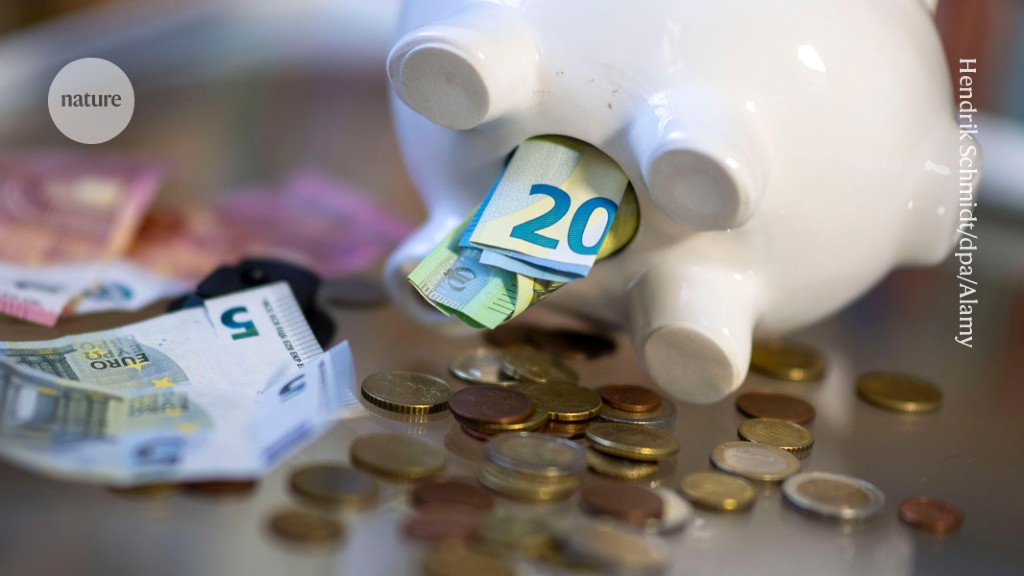
French Finance Minister Bruno Le Maire's frustration with the slow progress of the EU's capital markets union (CMU) project has gone viral online, leading to misconceptions that the EU plans to use Europeans' bank deposits to fund public spending, when in reality the CMU aims to create a single market for investment in the EU and is meant to be entirely voluntary.

First Solar's US solar manufacturing operations contributed $2.75 billion in value and $5.32 billion in output to the economy in 2023 alone, and its economic impact is expected to increase significantly.

A new report reveals that African Americans are more likely to feel optimistic about their economic outlook and are outpacing the general population in saving money and using online financial services.

Investors are growing concerned about the potential for another banking crisis in March 2024 as a major scheme to support the US banking system comes to an end and the unwinding of quantitative easing program begins, potentially leading to higher borrowing costs for banks and weakening the economy.
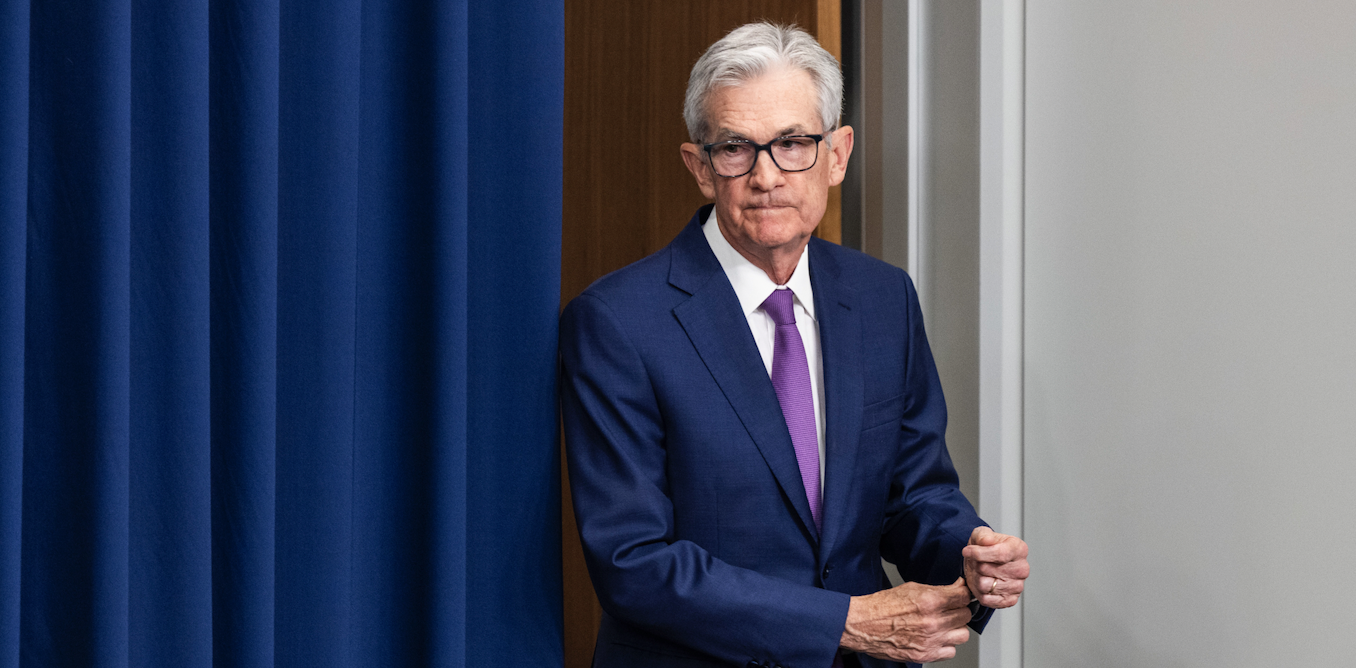
The US government plans to award $28 billion in subsidies for chips companies, but Commerce Secretary Gina Raimondo says most companies will receive significantly less than what they have requested, as the government received requests for more than double the amount it plans to give. Raimondo is urging leading edge chips companies to do more with less funding in order to support more projects. The department estimates that the funding will help the US produce 20% of the world's leading edge logic chips by 2030.

New home sales in the U.S. increased 1.5% in January, lower than expected, but demand remains strong due to a shortage of previously owned homes.

Travel booking companies are predicting a slowdown in consumer demand in 2024 due to a decrease in savings and wage growth after the COVID-19 pandemic, leading to a dichotomy where wealthier customers can still afford travel and leisure, while most households will face more difficulties.
Former leader of the #FixTheCountry Movement, Oliver Barker-Vormawor, criticizes the National Democratic Congress (NDC) and its flagbearer, John Dramani Mahama, for proposing a 24-hour economy policy, calling it an empty slogan.

Food prices in the U.S. are at a 30-year high, with Americans spending over 11% of their disposable income on food, leading to concerns about the economy despite low unemployment and rising wages. The increase is attributed to factors such as high inflation, rising restaurant prices, increased labor costs, and companies potentially using inflation as an opportunity to raise prices.

With the Federal Reserve cautious about cutting interest rates, economist Mark Zandi hopes they will initiate rate cuts in 2024, as inflation and unemployment have met targets, providing a favorable environment for rate cuts without causing a recession.
Prime Minister Narendra Modi highlighted the significant increase in consumption and decline in poverty during his tenure, attributing it to his government's focus on villages, the poor, and farmers, and also mentioned other developmental initiatives and administrative decisions taken in the past 10 years.

Famed economist Komal Sri-Kumar warns of a looming commercial real estate debt crisis in the US, but believes it can be prevented if the Federal Reserve takes quick action to cut interest rates and boost the economy. Sri-Kumar argues that the problem is systemic and not limited to the US, as similar issues are being faced by financial institutions in China, Japan, and Europe. The outcome of this crisis could have a spillover effect on the US economy, and Sri-Kumar advises the Fed to switch from quantitative tightening to quantitative easing to limit the fallout.

The Concerned Drivers Association of Ghana has called for Vice President Mahamudu Bawumia to step down, holding him responsible for the country's economic hardship and arguing that his claim of not being involved in economic policy is deceptive and propagandistic.

Wall Street edges higher as investors focus on key inflation data and economic indicators to determine potential rate cuts from the Federal Reserve.

President Biden is shifting blame onto big corporations for reducing the size of their products while maintaining high prices, as inflation moderates but anger over the cost of groceries persists.

The Trade Union Congress of Nigeria has called on the government to import food within two weeks to address the high prices of food and alleviate economic hardship in the country.

The US job numbers are increasing because people are being forced to take multiple jobs due to rising prices, according to Peter Schiff, CEO of Euro Pacific Capital, who criticizes the Biden administration's economic achievements as "lipstick on a pig" and claims that the Fed has lost the inflation fight.

Chinese investment bank CICC is urging Beijing to provide more fiscal support to consumers and businesses in order to boost economic growth and address the divergences between China and the US in pandemic-era stimulative actions, emphasizing the need for demand-side measures such as increasing fiscal spending to encourage investment and expansion.
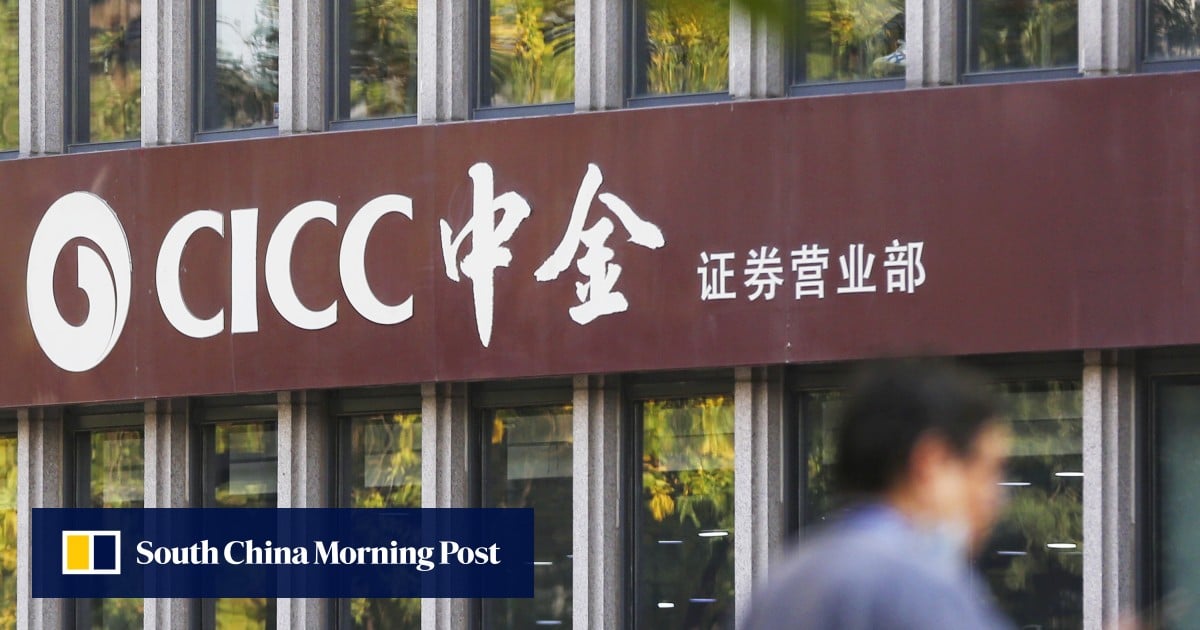
The appointment of Ken Ofori-Atta as a Senior Presidential Adviser and Special Envoy for International Trade by President Akufo-Addo has been criticized by economist Kwame Pianim, who argues that Ofori-Atta's role is unnecessary and questions his ability to advise on economic matters due to his handling of the country's financial crisis. Pianim also expresses displeasure with the resignation of Osei Kyei-Mensah-Bonsu as Majority Leader in Parliament. Lastly, Pianim criticizes John Mahama's proposed 24-hour economy, stating that it lacks clarity and is not feasible due to the country's electricity issues.

The Indian government plans to collaborate with textile research institutes in the UK, Australia, and Finland to provide world-class training to Indian artisans and professionals, in order to strengthen the textile manufacturing industry and position India as a global sourcing destination.

Several African countries are projected to have low inflation rates in 2024, according to a report by the African Development Bank, signaling a positive outlook for economic growth and opportunity on the continent.
Thousands of academic workers at York University in Canada go on strike after their demand to "address the affordability crisis" is not met by the university.

Grocery prices are projected to rise 1.6% this year, while restaurant prices are expected to increase by 5%, providing some relief for consumers compared to the previous two years of significant food cost inflation, according to data from the U.S. Department of Agriculture.

Small businesses in the US are struggling with the effects of inflation, labor shortages, and a weakening consumer, leaving owners scrambling to adapt and survive.

U.S. stocks ended with modest losses as investors turned their focus to upcoming economic data that could impact the timing of the Fed's expected interest rate cut, with the release of the PCE price index being a key indicator to watch.
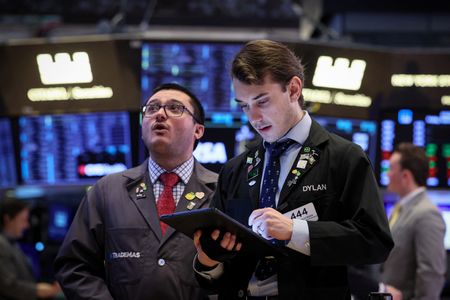
The U.S. economy is expected to grow at a rate of 2.2% this year, surpassing previous predictions of 1.3% thanks to factors such as government and household spending, job market resilience, and cooling inflation; however, high interest rates remain a significant concern for economists.

The concept of the 15-minute city, where essential services are located within a quarter-hour walk or bike ride, has gained momentum during the pandemic as cities strive for convenience, exercise, and sustainable living.

The Central Bank of Nigeria has mopped up approximately N1 trillion through Open Market Operations (OMO) auctions to combat inflation and reduce excess liquidity, putting pressure on the forex market and continuing efforts to revive the Nigerian economy.

Argentina's oil-producing provinces have threatened to cut off oil supply to the rest of the country if the government withholds billions in federal tax revenues, leading to a potential conflict between the central government and provincial governors.

China is seen as an important country with opportunities for global cooperation and development, according to surveys conducted by CGTN and Renmin University of China, with the majority of respondents believing that China is an influential player in the global economy and a reliable partner in international affairs.

Britain's bosses are seeking higher pay despite income inequality, which could further infuriate staff and customers and give opponents of capitalism more ammunition, risking the UK's growth prospects and enticing decision-makers to other countries. The London stock market needs rejuvenation, as evidenced by the decline in listings and companies considering a switch to New York, and a shift in Britain's approach to pay may help address this issue and prevent an exodus from the Square Mile. However, finding top talent for high-level positions is becoming more difficult due to increased earnings in lower-profile senior roles, and public outrage over executive pay is often directed at scandals rather than the link between salaries and performance. The US and UK have different economic conditions and wages, with the US experiencing higher growth and productivity. While wages for UK chief executives are comparable to those in Europe, the disparity between US and UK wages is inevitable. Factors beyond money, such as longer hours and family considerations, influence decisions to relocate. Boosting executive pay may not solve the UK's stock market problems, and excessive pay hikes should be scrutinized, but the public's intolerance of all high earners should change as London competes to maintain its financial services industry post-Brexit.

Markets are focused on inflation this week, with upside risk for core US prices and downside risk for European and Japanese consumer prices, leading to expectations of a delay in the first Fed rate cut and possible rate hikes by the Bank of Japan.

Japan's stock market, the Nikkei 225, reached its highest level in nearly 35 years, surpassing its 1989 peak, fueled by a rally in Japanese stocks and foreign investment. However, Japan's overall economy continues to struggle with challenges such as a shrinking population and rigid labor force.

The U.S. economy is expected to grow at a rate of 2.2% this year, higher than previously predicted, due to factors including resilient job market and household spending, according to a survey by the National Association for Business Economics.
The latest Household Consumption Expenditure Survey (HCES) conducted in India reveals that poverty levels have decreased to below 5%, indicating the success of poverty reduction initiatives, with both rural and urban areas experiencing a significant increase in consumption.

Pakistan is considering applying for climate finance along with an IMF bailout package in order to increase the size of the program, potentially from $6 billion to $7.5 or $8 billion, under the Resilience and Sustainability Facility (RSF) for long-term financing.
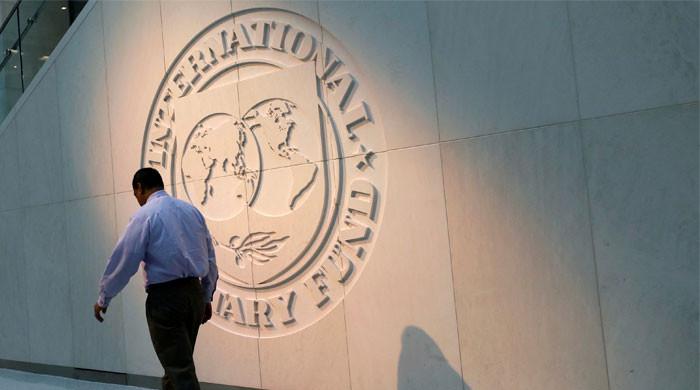
India, under the leadership of PM Narendra Modi, is making significant strides in infrastructure development, connectivity, digital services, manufacturing, and the stock market, making it an attractive alternative to China for global investors.

Despite efforts by African governments to combat unemployment, the issue remains a significant problem, with countries such as South Africa, Djibouti, and Eswatini experiencing high unemployment rates, although some countries like Niger, Chad, and Benin have made progress in reducing unemployment.
Modular refineries in Nigeria are at risk of shutting down due to their inability to access foreign exchange to purchase crude oil, which is priced in US dollars, exacerbating the country's foreign exchange crisis and hindering the availability of refined petroleum products.
